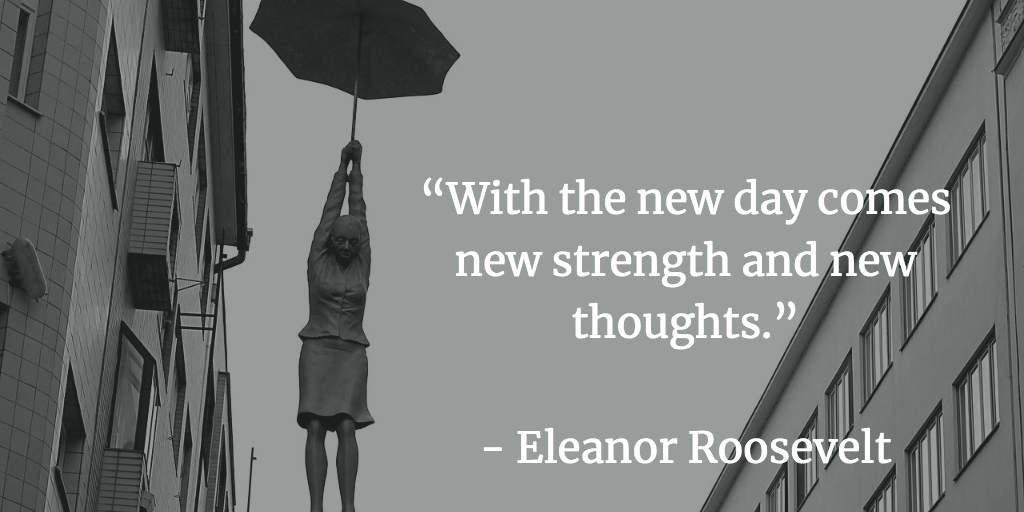On Being Original

My daughter and I were browsing through some old photographs online recently and we came across a picture of one of her birthday parties where I had transformed our living room into a mini-campground, complete with a personalized makeshift tent for each kid and holiday lights strewn all around to give off a magical vibe. My daughter remarked, "Oh, that was so cool!," as she had often done before when coming across one of those party pics. I replied "Oh yeah, thank goodness for Pinterest!" to which my daughter responded "You got that idea from Pinterest???!! I thought that was your idea!"
"Uh-oh," I thought, "If only I had kept my mouth shut!"
It was that all to familiar parental feeling -- of being afraid you will disappoint your children -- creeping up along the back of my neck and causing my face to turn a little bit red.
"Well, you know, it was my idea to choose a certain picture on Pinterest as inspiration," I sputtered, trying to salvage the initial look of admiration that my daughter had given me, just moments ago, when she thought I was the queen of great ideas.
Turns out, though, that I needn't have worried. What started out as a perception of a minor assault on my fragile parental ego, turned into a great mother-daughter conversation and a teachable moment on the nature of originality.
As many have said before me, "there's nothing new under the sun."
But in a world where being an influencer, a brand entity or a thought leader are their own cultures, there seems to be an inordinate amount of pressure to be "original" and to "find your unique niche."
I absolutely endorse the need to be true to your innate motivations, skills, needs and wants.
But I'm also aware that, at the deepest level, it is shared space, a sense of community and group effort that ultimately leads to both individual and collective growth.
From a psychological perspective, Social Identity Theory posits that one of the ways that young children develop a strong sense of self-esteem is through the quality of their connection to the social groups in which they perceive themselves to belong.
I don't think this is a surprising point of view, as it seems to be fairly common knowledge that humans are generally social beings who desire companionship and a sense of belonging.
The important connection to make here is that from an early age, we are all looking at the world around us to help us form our identity. It is all of the incoming messages that surround us, not some organically originated impetus, that bestows us with our earliest thoughts and feelings.
And Yet...
We are not our thoughts and feelings. We are the things we choose to do.
Sure, we are all some parts nature and some parts nurture, but it is the combination of these two things, working together, that allow us to take the incoming thoughts and feelings we have and imbue them with perspective, and consequently, actions that feel good and right to us.
It is perspective then, not originality, that rules the day. We all need each other to keep burning the inspirational fires that help make the world go round.
No man is an island.
May we all learn to take joy in being inspired by one another and to respectfully honor each others' perspectives.
In Solidarity

0 Comments Add a Comment?